By Garang Atem Ayiik, Kuala Lumpur, Malaysia
 1. Introduction
1. Introduction
In his book ‘Leap into the Future’, Prof Anyang Nyongo’, narrated his experience when he asked a senior Malaysia government officer on what Malaysia did right that leap them into better economic prospects and what Kenya did wrong?
The officer, surprisingly told Nyongo’ while Kenya killed Tom Mboya, Malaysia used Kenya Sessional Paper Number 10 of 1965 developed by Tom Mboya when he was a minister for Economic Planning as its blue-print for Malaysian economic growth.
Whether this was a made up by the good political science professor to smartly experience his argument on how Malaysia overtook Kenya economically, there is some good sense in the statement.
Kenya 1965 Sessional Paper Number 10 was conceptually based on government planning as tool for socio-economic development. Whether true or not, Malaysia economic growth has been built around government planning and hence the same economic foundation as Kenya Sessional Paper Number 10.
In this regards, the officer was in other words telling Prof. Nyongo’, Kenya and other third World Countries at large the followings: one, there will never be development without well-thought out economic path (economic plan), economic actions (implementation of plan), routinely follow up and correction mechanisms (monitoring and evaluations of economic progress); and finally without Tom Mboyas (technical and financial resources).
Prof. Nyongo’ documented in his book how in 1971 Malaysia government officers were impressed by the level of progress in Kenya and requested Kenya government to trained Malaysia government’s employees at Kenya Institute of Management. Today, Malaysia has made significant and steady economic progress overtaking many countries that they were at far in 1960s and 1970s.
In 2011, South Sudan became an independent nation. Like Malaysia in 1960s and 1970s, South Sudan has consistently, sent and continue to send its nationals for capacity building missions both on private and public cost.
Today, I am sitting in a lavish Hilton hotel in Kuala Lumpur at the cost of my employer, like the Malaysians of 1970s in Kenya, I am impressed by the progress Malaysia has made and wondering if South Sudan can learn some lessons from Malaysia in accelerating its economic progress.
The aim of this article is to try to review economic paths taken by Malaysia and link the relevance to South Sudan economic case; second, identify prerequisite economic conditions for economic progress in South Sudan and finally, suggest some policy options for South Sudan.
This article, try to illuminates South Sudan economic priorities, institutional development and policies and hence should not be treated as holistic economic policy guide.
2. Malaysia Experience
Since it became an independent country in 1957, Malaysia has since maintained an average of over 6% Gross Domestic Product, experiencing some economic challenges during 1990s Asia- financial crisis but recovered quickly than other affected Asian-nations. It demonstrated it is a resilient and steady economy within the Asian-Tigers.
It has reduced reliance on agriculture and natural resource based activities which were the main contributors to GDP in 1970s by expanding manufacturing of exports, mainly electronics and electrical products; increased investments in services and construction industry by encouraging foreign investments and tourism.
As result of its economic policies, Malaysia has experienced stable macroeconomic indicators in term of growth, low inflation, low interest rate, high investment rate and stable exchange rate except during 1990s financial crisis which were speedily arrested coupled with exceedingly good infrastructure improvement.
Though, not homogenous, racial issue that aroused in 1970s commonly known as 31 May incidence were quickly addressed to ensure equity between the three communities of Malay, Chinese, and Indians that made up Malaysia.
Malaysia has maintained a five-year economic plans. Starting with its first plan in 1965. These plans ensure that economic direction envisaged are achieved. In 1971, when there was a riot in Kuala Lumpur on racial basis, the government implemented New Economic Policy to ensure equity to all ethnic group through education and business affirmative actions.
In 1991, the government implemented National Development Policy that envisage self-sufficient and industrialized nation by 2020. With the current progress, there is no doubt that Malaysian is heading in the right direction. This courage might be useful for cohesive and nationalistic policies after 15 December 2013 incidence in South Sudan.
Malaysia has demonstrated ownership of its economic growth. When its economy underwent throughout financial stress in 1990s, Malaysia refused economic aid package from International Monetary Fund and World Bank and instead fought its economic challenges to surprise of many analysts.
Whether this was a sign of self-confidence or economic lab-test, the fact Malaysia recovered than other affected economies in Asian, points to its right judgment. South Sudan needs this courage to tackle its reliance on oil, fight corruption and manage its exchange rate menace with conviction.
During the same period of 1990s, when it currency depreciated, Malaysia adopted fixed exchange rate against now favored float rate; and suspended trading of shares in capital market to reduce the impact of capital flight.
Though these measures, were against now favored liberalization principles, Malaysia has quite often utilized protective policy to its favors. Malaysia used subsidies and protective policies were it deems fit. Essential commodities like food, construction materials and natural gas had at times been subsidized to ensure right incentives and/or services are given to the citizens cheaply. This approach and view might be useful for South Sudan regional and international economic policy respond.
The government through its Economic Planning Unit has directed, continue to direct growth of open but state-influenced economy in Malaysia. Sovereign Wealth Fund, Pension Scheme and Industrial Master Plan help the government to plans and invests in key strategic sectors of the economy in partnership with private companies. Some of the sectors the government invested are automotive, banking and pharmaceuticals companies.
This points to the fact that Malaysia government believes in planning and old economic wisdom of mercantilism as used by other countries. There is need for South Sudan to have strong economic policy advice before economic decisions – oil shutdown, devaluation by Central Bank in 2013 and ongoing EAC proposal are some critical decisions that required good economic thought processes.
Though initially a natural resource and agriculture economy, Malaysia has diversified its economy by encouraging private sector to grow services and manufacturing industries becoming number 6th in ease of doing business according to World Bank report, 2013.
The infrastructure has immensely improved since 1970s making Malaysia a tourism, foreign direct investment destination. The Twin Tower of Petronas and Communication Center signals the rise of Malaysia and act as ‘confidence breathers’ into the investors. Overall Malaysia, there is evidence of Oil money in development, it might be rightful to show South Sudan oil money through development.
Malaysia discovered that diversification is key and there can never be a growth without human capital which is the diversification tool. The growth and easy financing for education, demonstrated Malaysia rightful investment.
There can be resource as Oil in South Sudan, but without right capacities and technology, the sector will go to the owners of capacities like Malaysia, Indian and Chinese as the case for South Sudan. South Sudan needs to show like Malaysia, 40 years later that its benefits from capacity building and have ‘leap into economic future’.
To increase service industry and manufacturing to grow the economy, a nation requires great deal of human capital, good legal framework work and corruption free-country, which are key ingredients of Malaysia growth. Malaysia has also engaged in regionally economic partnership on cautious approach.
3. Lessons and Policy Options for South Sudan
Malaysia has demonstrated economic plans are key and must be prepare, follow, financed and revised when and where necessary. It is not sufficient to have South Sudan Development 2011 – 2013 that is not followed and implemented;
Though initially a resourced and agriculture based economy, Malaysia has identified other key sectors to diversify its economy. There is need to invest in education, infrastructure, regulations and proper planning to move the economy into envisaged diversification direction;
Macroeconomic stability in term of low interest rate, low inflation, stable exchange rate, and economic growth are indicators of a well manage economy and are ingredients of economic growth. It is not easy to have economic progress in an environment of volatile exchange and inflation rate; renting seeking exchange rate environment and lack of access to loans – South Sudan must and should put its thought right;
Malaysia experienced racial sentiments in 1970s, and experience financial crisis in 1990s. It seems these crisis has given Malaysia a better way to solve them as the high magnitude has not resurfaced. South Sudan has recently experienced bad economic and political signals, its authors believes that if South Sudan takes ownership and do right prescriptions, these challenges will never resurface in a big magnitude;
Malaysia has been cautious in term of adopting out right liberalization policy. Subsidies, protection policies, exchange rate and capital control policies have been instrumental in arresting the 1990s financial crisis and help in diversifying and developing strategic sectors. South Sudan might want to rethink its current open-arms liberalization approach;
Improve ease of doing business in term of developing better infrastructures, human capital, and good legal framework work and corruption free-country business environment;
There is Economic Planning Unit in the office of the Prime Minister of Malaysia to help directs, responds and advises on economic issues to the Prime Minister. It could be useful for South Sudan to institutionalize economics decision making in the Office of the President/Government with well-equipped and competently staffed. Economics decision is bread and butter for a nation, it cannot be left to ad hoc processes and more importantly as it touches on economic interests.
Garang Atem Ayiik is an independent South Sudan Economic Policy commentator. He lives in Juba but was in Kuala Lumpur at the time of writing this article. He can be reached at garangatemayiik@gmail.com




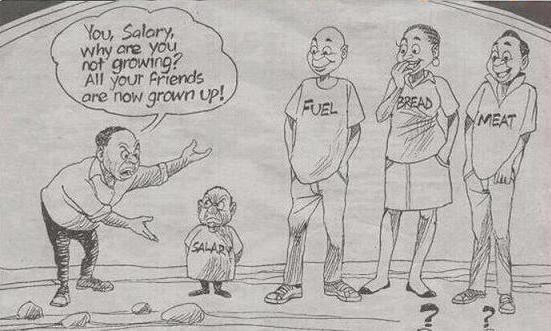
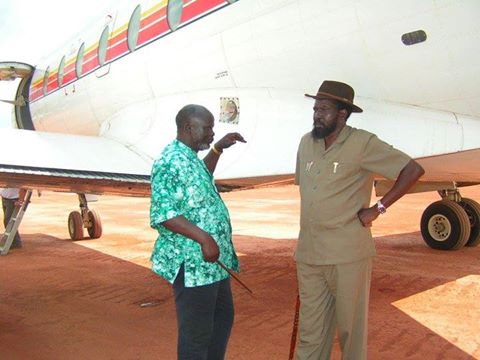


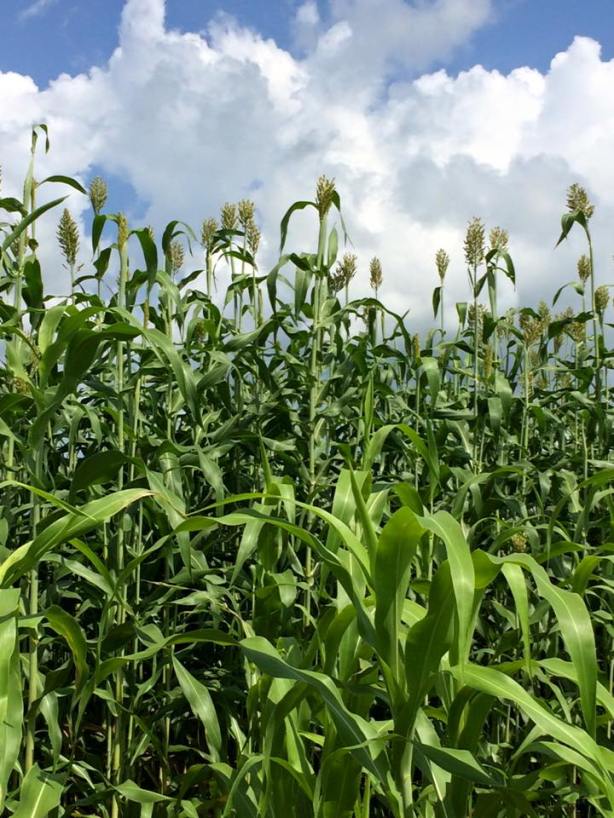
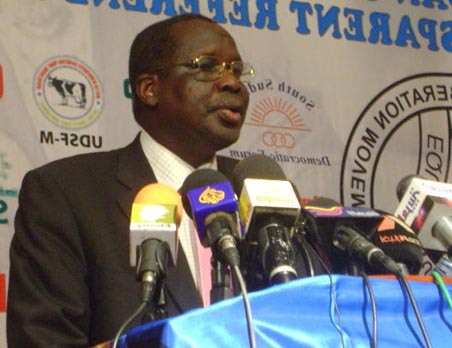




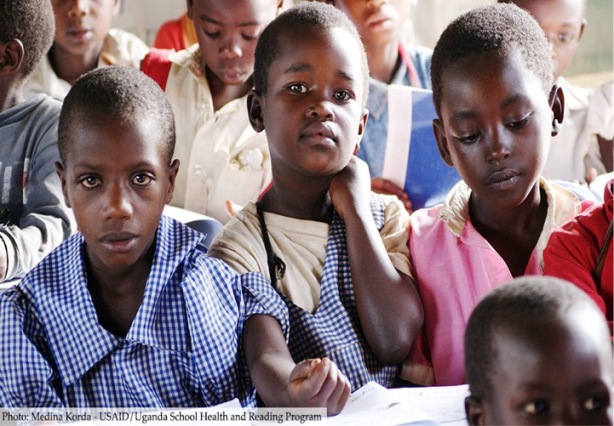
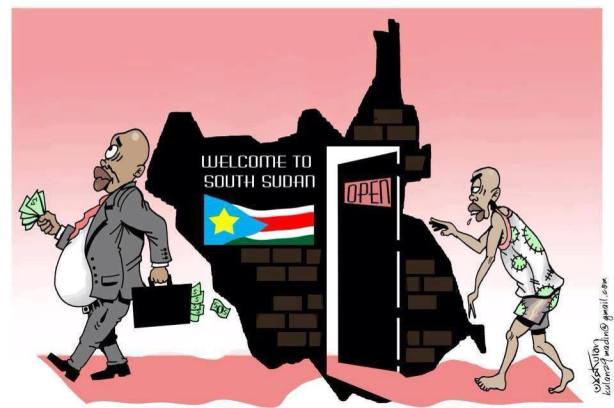
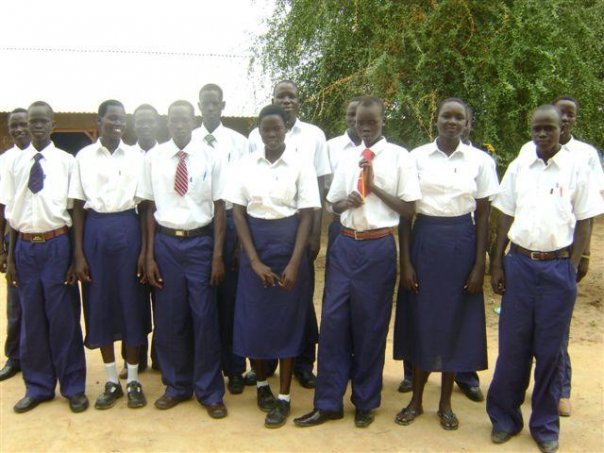


Diminishing Return: The Ever Declining Value of the South Sudan Livestock Sector
Posted: January 9, 2018 by PaanLuel Wël Media Ltd. in Commentary, Contributing Writers, Economy, Investments, Junub Sudan, Opinion Articles, Opinion WritersBy Abraham Biar Gai, Nairobi, Kenya
January 9, 2018 (SSB) — With view of shading light and opening up discussions on why South Sudan livestock sub-sector is seriously under-performing visually in all aspects that include food productivity and security, trade, poverty reduction, income generation, employment and broadening economic-based in spite of the huge potential it has, several flashpoints related to lack of appropriate policies or lack of implementation of such policies have been identified.
Livestock sector dynamics
Livestock is a collective term used to refer to domesticated animals that are kept by human for purpose of production of food (meat, milk, egg, blood), raw material (hair, wool, hide & skin) and services (animal draught & carriage) as well as religious and social functions (sacrifices, marriage and status) depending with the community and user. The principal livestock species in South Sudan context are cattle, shoats (sheep & Goat), donkey, pig, camel, and poultry in distributed across the country in varied numbers based on the ecological influences as well as the communities’ preferences.
(more…)
Share this: